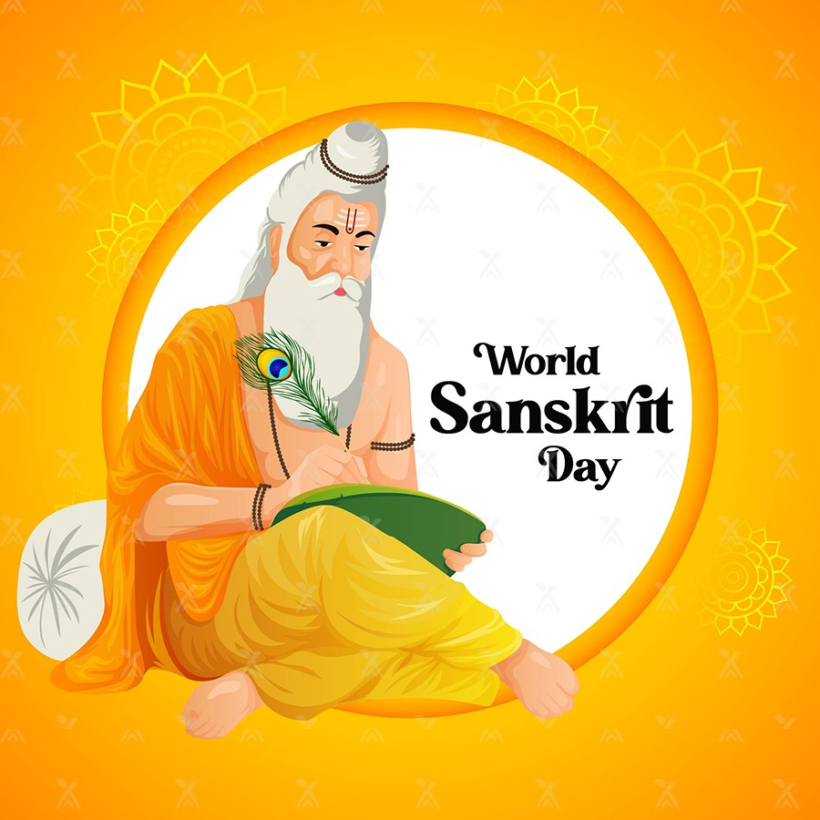Language/Culture
Guwahati: As the World Sanskrit Day (Vishvasamskritadinam), an annual event to focus on India’s most ancient language and its promotion, is being celebrated on 22 August (full moon day), a Northeast Bharat-based nationalist citizens’ forum greets everyone with the demand to declare Sanskrit as a national language.
Terming it a logical demand, ‘Patriotic People’s Front Assam’ (PPFA) reminded that the ‘Devabhasa’ is still spoken by everyone at Mattur village in Shimoga district of Karnataka. In both Gharanas of Indian classical music (Hindustani and Carnatic), Sanskrit is widely used. Many foreign universities offer courses in Sanskrit. Moreover, it is already recognized as the official language in Uttarakhand, added the forum.
Believed to have originated in ancient Bharatvarsha over 3,500 years ago, the Sanskrit can revitalize the whole Indian culture and unify the country like never before. The government should take the example of Israel where the ancient (almost dead for 2000 years) Hebrew language was revived scientifically for modern-day use with the help of Sanskrit scholars and linguists.
Assam’s great Sanskrit scholar Anandaram Baruah dedicated his life adopting and promoting the oldest language known to the human race. In fact, it was the official language during the time of the majestic Kamrup kingdom till the Ahom era. Various written documents from the days of Ahom king Rudra Singha and others prove the royal recognition to the sacred language of Hinduism, it added.
Various new initiatives have been taken to popularize Sanskrit in the modern day as well. The first Sanskrit OTT platform is going to be launched on Vishvasamskritadinam, where Sanskrit feature films, short films, songs, educational programs and even cuisine shows will be available. Many Assamese songs, including a few of Bhupen Hazarika’s all-time hits, have now been translated into Sanskrit.
“As the orthodox Sanskrit, nurtured by ancient Hindu saints, is not an easy language to learn and practice, an initiative can be adopted to simplify some of its grammatical commands for a modern-day language,” commented the forum and added, “However, the classical form of Sanskrit must be preserved for the scholars, researchers and students around the world as it’s an integral part of glorious Indian civilization and ethos.”












